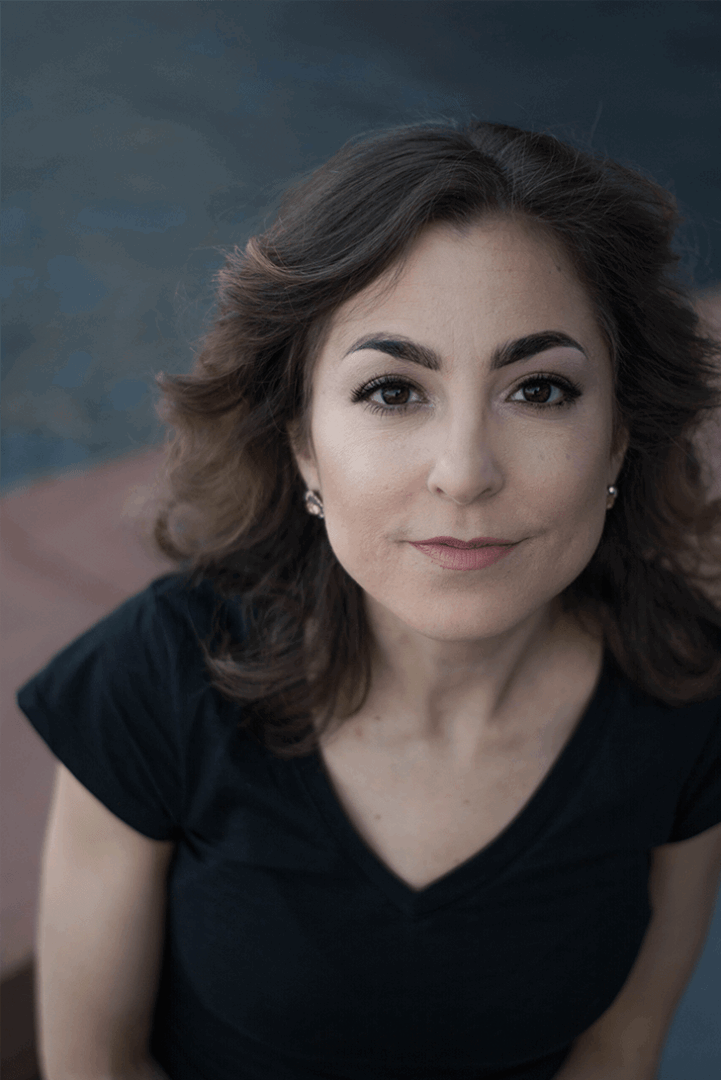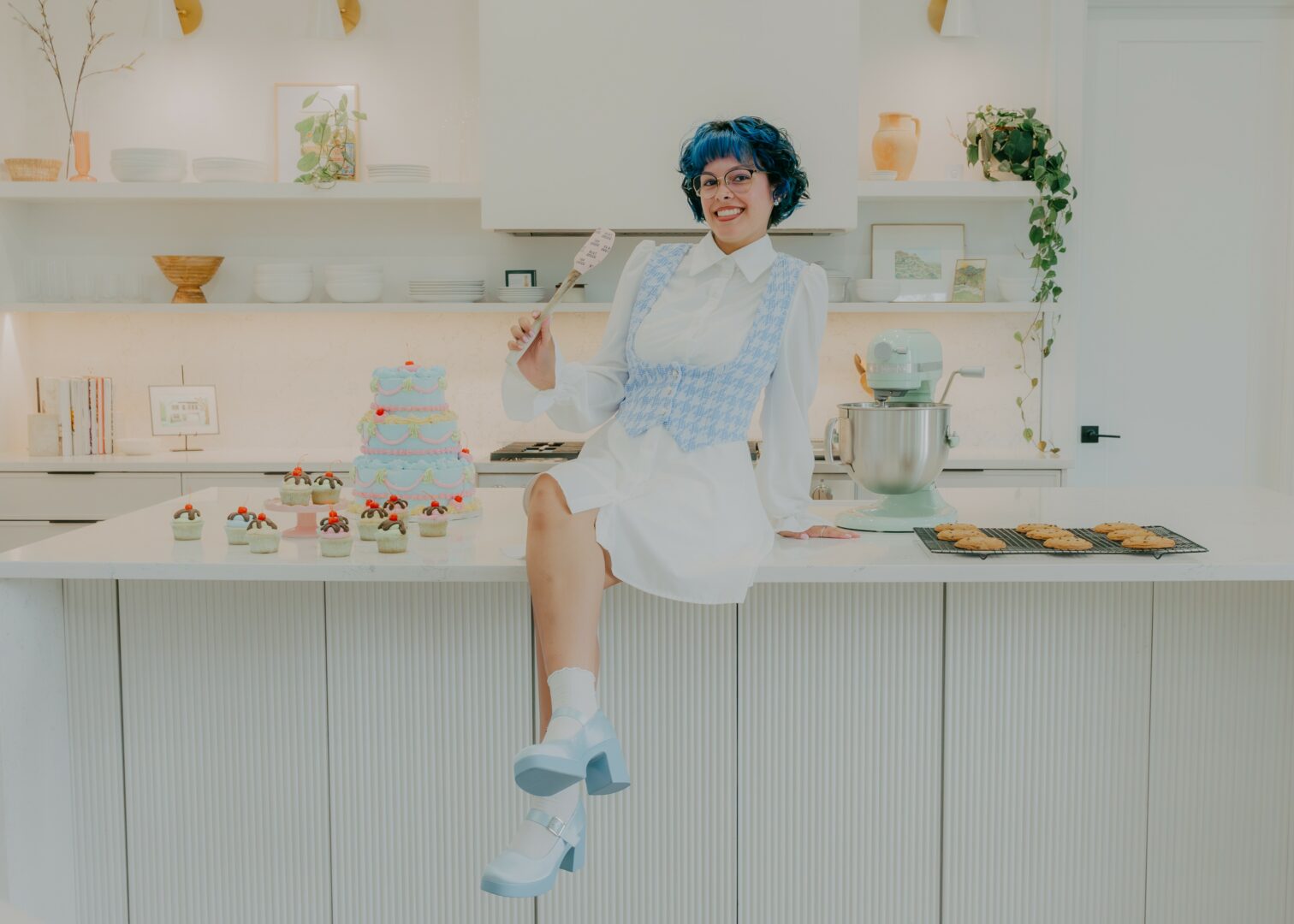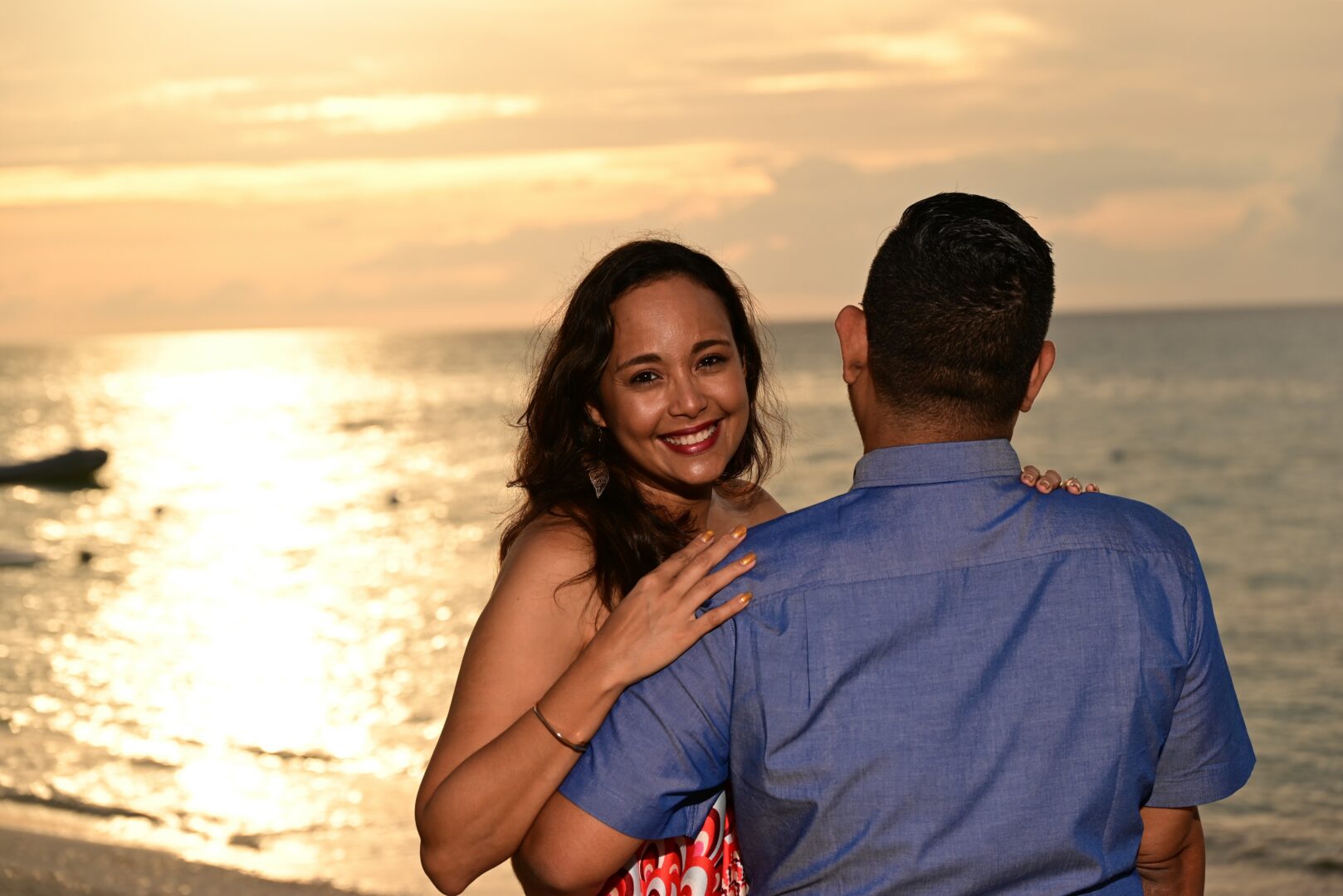We caught up with the brilliant and insightful Lisa Blasi Lo a few weeks ago and have shared our conversation below.
Lisa , we’re so excited for our community to get to know you and learn from your journey and the wisdom you’ve acquired over time. Let’s kick things off with a discussion on self-confidence and self-esteem. How did you develop yours?
How do you develop more confidence? Let me start by sharing from my own experience that there is no magic pill or potion you can take to become a more confident person. There is truly no “quick fix” or short cut to developing a sense of self esteem.
When I look back over the course of my life and career, confidence was honed in the fire, in the failures, and in the daily grind of practice, planning, and preparation.
In the fire… Often times, I would be tasked with executing something that was above my current ability whether this be a piece of music I was learning and would be performing, directing, coordinating, and running a concert, musical or fundraiser for a large number of musicians and audience members, or something as simple as having to learn a new software or create a website from scratch. There has rarely been a time when I felt completely equipped for the tasks in front of me, but I knew the only way to grow and learn was to push past my comfort level. Often it was trial by fire and as the saying goes, sink or swim. But each time I overcame a hurdle, figured out something new, or rose to a new level of skill, my confidence grew. My confidence didn’t simply grow because I gave myself a pep talk or told myself how wonderful I was. It came from setting my mind on a task and working with every fiber of my being to bring that goal to reality. It came when I saw that my hard work could shape outcomes.
Confidence grew when I chose to fight past that inner voice of doubt and actually do the work in front of me despite the fear that I was in over my head. And as I fought the mental roadblock and fear that I didn’t have what it took, and chose to rise to the occasion, a wave of confidence would envelop me. This new found confidence was preparation for the next hard thing that would inevitably come in the future.
In the failures… Now here is the blunt reality I must share with you, as I stepped out of my comfort zone and dared to take on new projects, new endeavors, and harder things, it didn’t always go exactly as planned. There were many failures along the way. But through them, I learned such valuable lessons and skills that I would apply to the next endeavor. The failures often came right before the next big success. I would take to heart all that I learned, assess what worked and what didn’t, make adjustments, and then try again. Interestingly enough, the confidence came from the life experience I gleaned and the hands-on knowledge I accumulated through the process. Looking back, I would never change the journey, even the failures. Because it was in those failures that much growth, humility, and resilience grew. I became more confident in my ability to learn from my mistakes and missteps and turn them around for good.
The daily grind of practice, planning, and preparation… Truth be told, life is full of many mundane, uneventful minutes, hours, and days. But it’s how we capitalize on these mundane moments that can make or break our confidence. Let’s start with practice. As a musician, I have to spend hours of practice time preparing for a performance. I get the music, study it, listen to it, analyze it, play through it hundreds of times, and perfect it slowly but surely. My confidence grows as my familiarity with the piece grows. As I come to know every little intricacy of the piece from overt repetition and rehearsal, I feel a sense of security creep in. This security is founded in the fact that I have rehearsed this piece to the point of mastery. The confidence came from the daily grind of practicing and the acceptance of the mundane as part of the process.
Confidence also takes root as we plan. While not every aspect of a plan may come to pass exactly as you planned, or you may have to pivot your original plan in a slightly different direction, there is a confidence that emerges as you can rest in the fact that there is a plan in place, and you are moving in that direction. The more detailed you can make your plan, break it down step by step, the better you will feel. One foot in front of the other, baby steps, that’s the way things get done. Confidence emerges when you know where you are going, what to do, and what to do next.
Preparation is putting in the hard work now so you are ready when the opportunities come. In my own life, I have found that confidence comes when I feel ready and prepared. Each day, I make choices to prepare for the future by disciplining myself to practice and hone my own musical skills, formulate thorough lesson plans for my students, proactively seek out performance opportunities for myself and my students, study curriculum, formulate new and improved training for my teachers, build a successful infrastructure for business growth, etc. When I am prepared and put in the effort and hard work, I feel ready to tackle the challenges that come.
Bottom line, there is nothing glamorous about developing confidence. It’s blood, sweat, and tears, putting in the work each day, embracing the mundane, and doing the little things that will eventually add up to big things. It’s that inner resolve and tenacity, like working out a muscle, that small voice that says, “You’ve done it before, you can do it again” when a new challenge arises. It’s years in the making and one exciting adventure. The best part is when you can look back and see how far you’ve come. This is how I have grown in confidence over the years, and you can do it too.

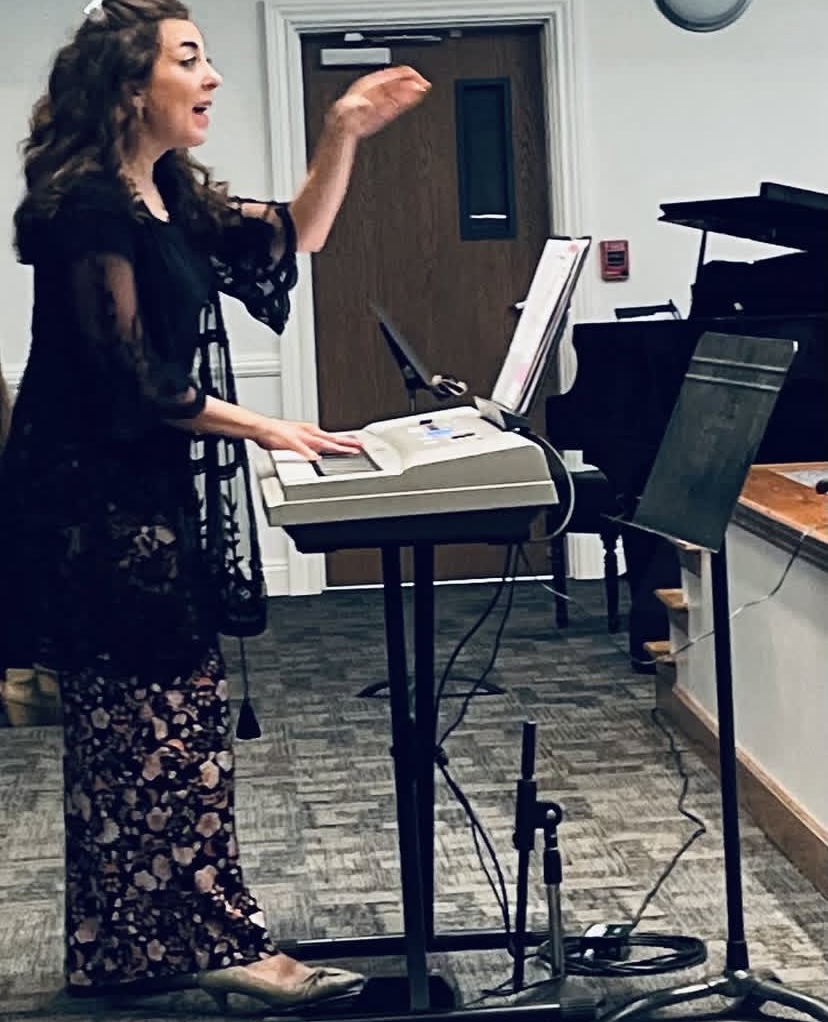
Thanks for sharing that. So, before we get any further into our conversation, can you tell our readers a bit about yourself and what you’re working on?
I’m a New York Native who moved to the Valley of the Sun to study Music at Arizona State University. I completed my Undergraduate and Graduate degrees in Music Education with a vocal pedagogy and piano emphasis. I’ve had the privilege of working with highly trained piano and vocal instructors throughout the years. They’ve taught me so much, and it’s been a a gift to share my knowledge with students of all ages.
One of the best parts of my job is seeing students grow both in their musicianship and confidence. I love having a part in their progress and seeing them flourish. I have students who I’ve been working with for years. Seeing them grow, mature, and come into their own is such a wonderful and special part of my job. My students challenge and inspire me on a daily basis. I learn so much from them, and they are part of what motivates me to continue in my own musical journey. I want to be the best I can be not only for myself but also for my students.
Music has been a life-long companion of mine, and I hope that each student we teach at our studio will have the same experience. When a student starts out with us, we begin with the basics. They learn all styles of music, basic technique, how to improvise, compose, write their own lyrics, and the art of performing. As they progress in their musical journey, we see what their strengths and interests are. Some students love classical music, some love jazz, while others enjoy song writing. While everyone will get the same solid foundation, we make sure to cater to that student’s unique interests and giftings as they progress through the program. We seek to instill a love of music within the student whether they want to become a professional recording artist, concert pianist, or play for themselves in the comfort of their own home. How the student’s music unfolds in the world is entirely up to them. Our primary focus is to give them the tools they need to succeed musically and the wings they need to fly.
We use a curriculum called Simply Music at our studio. It’s a revolutionary play-based method of teaching piano created by Neil Moore. I’ve taught piano for years and have never seen the same level of student growth and achievement as I have with Simply Music. This method begins with the premise that all humans are intrinsically musical. We teach piano the same way a child learns language. We begin by playing first and then the note reading component comes second (similar to how a baby learns to speak first before they learn to read). Students learn high quantities of high-quality repertoire from day one. They are playing beautiful music from the get-go which motivates and inspires the student, and then the note reading process unfolds from this foundation. The method is also self-generative in that we teach students to create their own music: composing, improvising, lyric writing, etc. Simply Music is a method that highly values creativity and critical thought processing. Music is a wonderful tool to develop that skill set along with it’s myriad of other benefits to the brain and to one’s intrinsic desire for self expression.
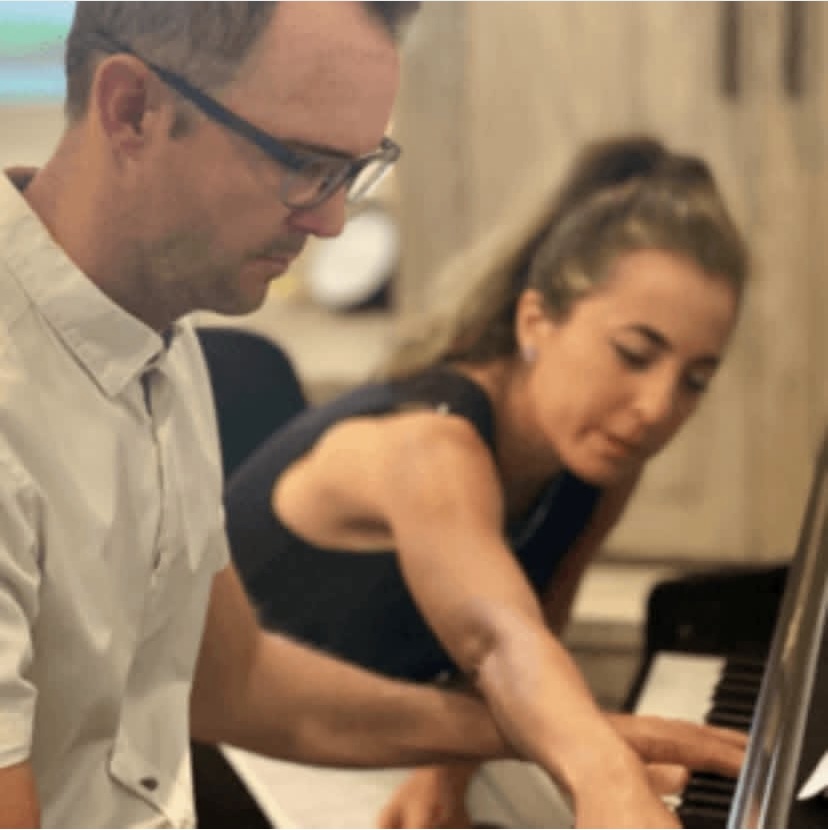
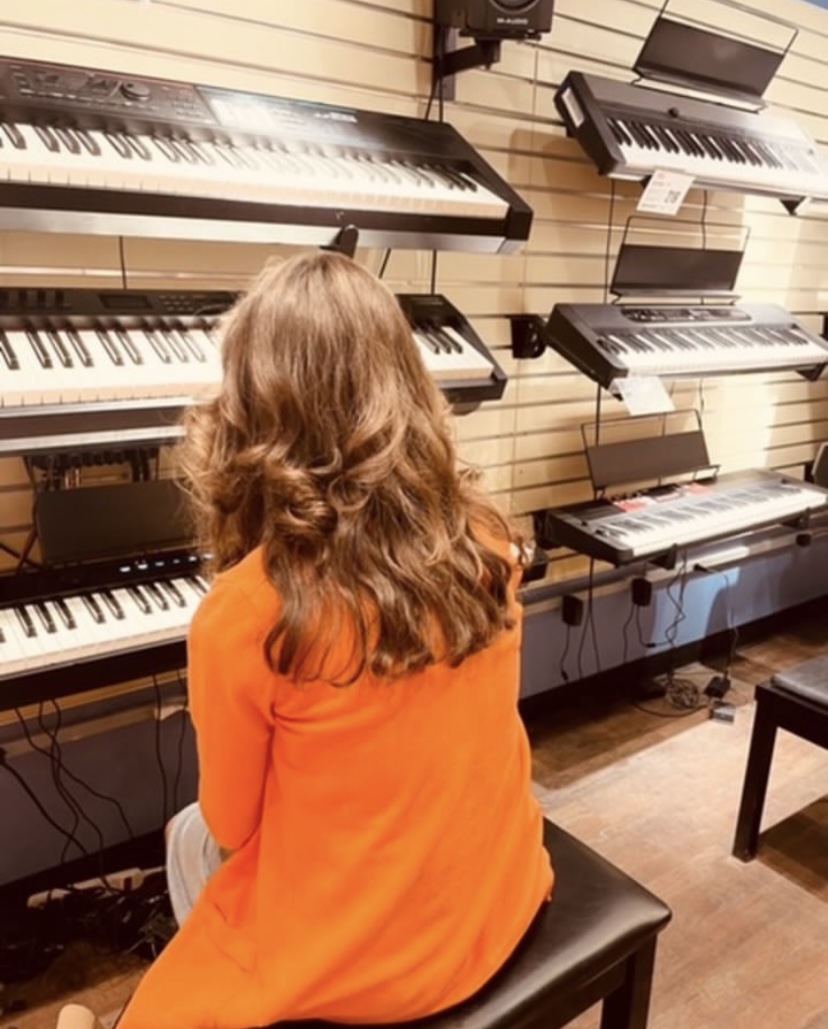
Looking back, what do you think were the three qualities, skills, or areas of knowledge that were most impactful in your journey? What advice do you have for folks who are early in their journey in terms of how they can best develop or improve on these?
Slow and Steady – Don’t rush the process
I am from Long Island, NY and tend to operate on a NY minute. I move fast, love efficiency, and checking things off of my never-ending to do list. But I’ve found over the years, thanks to many mentors and from simply living more years of life, that you cannot rush the process. Anything worth while and doing right will take time. There is truly no shortcut. I’ve had to learn to slow down and be steady in my approach to growth and learning. If I hurry through, I usually end up having to go back and do it again. The best advice I can give someone who is early in their journey is to embrace the process and don’t rush it. Try to envision a crockpot instead of a microwave. The best tasting food marinates and stews for hours. We live in a fast-paced world, but you don’t have to jump into that current. Allow yourself the space, time, and freedom to digest each new skill and thing you are learning. Even better, enjoy the process and allow yourself to take it all in. Take time to process through what you’ve learned and achieved. Take time to analyze what worked and what didn’t. Don’t be afraid of slow and steady. For often, this is the pace of champions. Remember the story of the tortoise and the hare.
Always continue to learn and grow
Something that has kept me humble is surrounding myself with mentors and people who are more skilled than I am and who inspire me to continue to grow and be better. I seek to learn and expand my current understanding and abilities by reading, continuing to take piano and voice lessons, attending conferences and workshops, interviewing and observing experienced teachers, listening to podcasts, talking to people with different strengths and skill sets than my own, and listening to professional musicians who I seek to emulate.
I have found that life is more exciting when you are learning and growing. New possibilities and ideas tend to emerge as I keep my mind active and in motion. I liken it to working out a muscle. The more I use a muscle, the stronger it gets. In the same way, the more I challenge my abilities and limits, the further I can go. I would add to this that learning new things completely unrelated to your area of expertise can be very enriching. It helps create connections and new neural pathways in the brain that often end up sparking creativity and problem solving. I’ve learned to embrace all new experiences, directly and indirectly related to music, as opportunities to grow and expand my mind and current understanding. Many times it’s been these experiences that have been catalysts for growth in my musical career. So say yes when new opportunities and experiences come your way. You just never know how it will shape the trajectory of your journey.
Be the best version of yourself, not a second-rate version of someone else
This is of course not an original thought. Someone else said this, and I completely agree with them. Too often, we try to emulate someone to the point of copying them and losing who we are. Instead, I would recommend thinking through what it is about that person you admire or would like to be more like. Take that skill, quality, or way of being and digest it for yourself. I would highly encourage you to make a list of multiple people in your life whom you admire and would like to emulate. Whether this is a person you know personally or a public figure you admire from afar, what is it about that person that is appealing to you? What do they do well, and how can you emulate them in your own life. This a very productive practice as it pinpoints the specific skill/way of being/personality trait that you are seeking to embody.
However, the important distinction is that YOU are your own person. There’s no need to try to replicate or copy someone else. Rather, seek to tap into your unique, God-given strengths, talents, and giftings.
Early on in my career, the temptation was to try to be like “so and so” or “that person”. How could I sound more like them (musically), look more like them, do what they were doing, follow their career trajectory. Then one day it dawned on me that I would never be able to be just like “that person”. I had a completely different voice, different skill sets, and honestly didn’t even want to do exactly what they were doing. It was a very freeing moment when I came to this realization.
Instead I asked myself the questions, “What do I love to do?” “What do I do well?” “How do I hope to share my love of music with the world?” After asking myself these questions, I then came to the conclusion that I possessed unique inclinations, talents and skill sets that were very distinct from anyone else. And once I accepted them, I moved forward on the pathway I was headed, not someone else’s. Of course, I still acknowledge the fact that I have much to learn and many people who I admire and seek to emulate. However, I no longer try to copy them or feel intimidated by them. There is freedom and joy that comes from “marching to the beat of your own drum”. You will discover that YOU are a wonderful one-of-a-kind person, designed so specifically and specially with the unique capacity to bless the world around you just as you are.
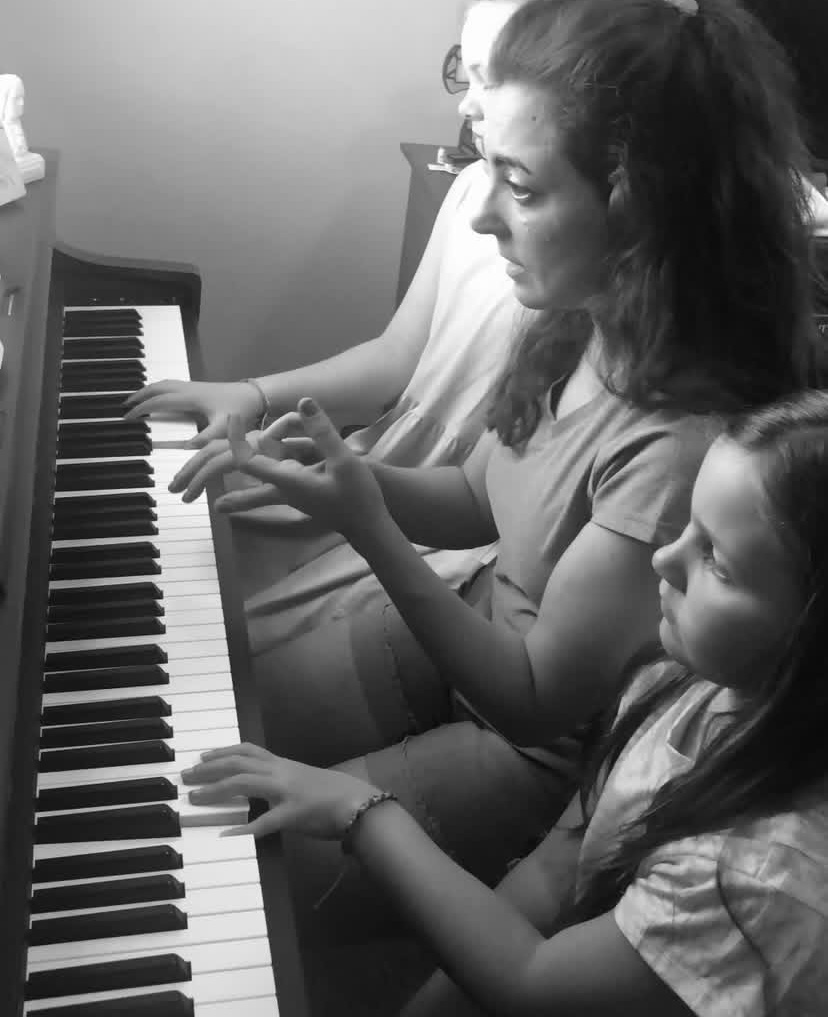
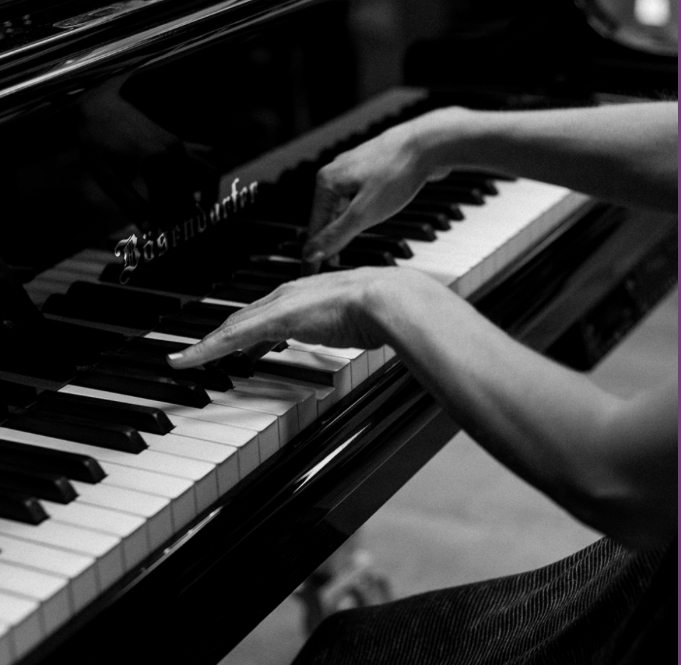
As we end our chat, is there a book you can leave people with that’s been meaningful to you and your development?
There are so many books that have played a significant role in my development over the years. It’s truly hard to pick just one. But if I had to choose a book for everyone to read, I would highly recommend Carol Dweck’s book “Mindset”.
In the book, Dr. Dweck, a psychologist, shares two opposing mindsets a person can have. One is a fixed mindset and the other one a is growth mindset. A fixed mindset believes that your abilities and potential are fixed. You are either good at something, or you are not. You are either born with talent, or you have none. Failure is fatal and proves that you do not have what it takes, and there is no hope for improving.
A growth mindset, on the other hand, believes that hard work and effort can shape outcomes. You may not currently have a particular skill set or ability, but with time and effort, you can grow and improve to achieve that skill or ability. Failure is not fatal but often a tool for learning and moving closer to your goals and desired outcomes. While the fixed mindset is rigid, the growth mindset is fluid.
Dr. Carol Dweck said, “The hallmark of successful individuals is that they love learning, they seek challenges, they value effort, and they persist in the face of obstacles.”
After reading this book, I was struck with the reality that for a good part of my life, I lived with the fixed mindset. I was deathly afraid of failure and always felt that I had to prove myself. I lived with an imposter syndrome that believed it was just a matter of time before someone figured out that I was really not good enough. I was intimidated by other people’s successes and talents. I always compared myself to others and often felt I came up short.
Then after reading this book, I realized how faulty the premise of the fixed mindset was. I was not bound by my failures or shortcomings. Rather, I could work hard and put in effort that would eventually turn into growth and the emergence of skills I currently lacked. I came to terms with the fact that my failures didn’t define me but were rather opportunities to “fail forward” and learn from my mistakes, evaluate how I could do better next time and process through the lessons I learned. I came to realize that obstacles were not something to be afraid of, but rather an opportunity to think outside the box, problem solve, and eventually come out on the other side victorious. Finally, I came to admire other people’s skills that surpassed mine. Instead of being intimidated, I sought to learn from these talented individuals and humbly soak in like a sponge whatever I could learn from them.
I will honestly share that at times I gravitate back to the fixed mindset, especially in those moments when I feel overwhelmed or out of my league. But then I remind myself what I’ve accomplished in the past from sheer effort and grit and how I can do it again. Each new venture, each new endeavor, each new challenge is an opportunity to grow, change, and expand my current capacity. I ask for the Lord’s help and guidance each step of the way and for the courage to persevere.
Be encouraged that you too can develop a growth mindset in every area of your life. Start by believing the truth that you have the ability to grow and change over the course of your lifetime. You’ll be amazed at what you can accomplish when you seek to be a life-long learner.
Contact Info:
- Website: https://lisamichellemusicstudio.com
- Instagram: https://www.instagram.com/lisamichellemusicstudio?igsh=MTdpdWp3ajJkZW9xbg%3D%3D&utm_source=qr
- Youtube: https://www.youtube.com/@lisablasi3894
- Other: https://www.beatinpathpublications.com/LB/home.html
Link to my book!

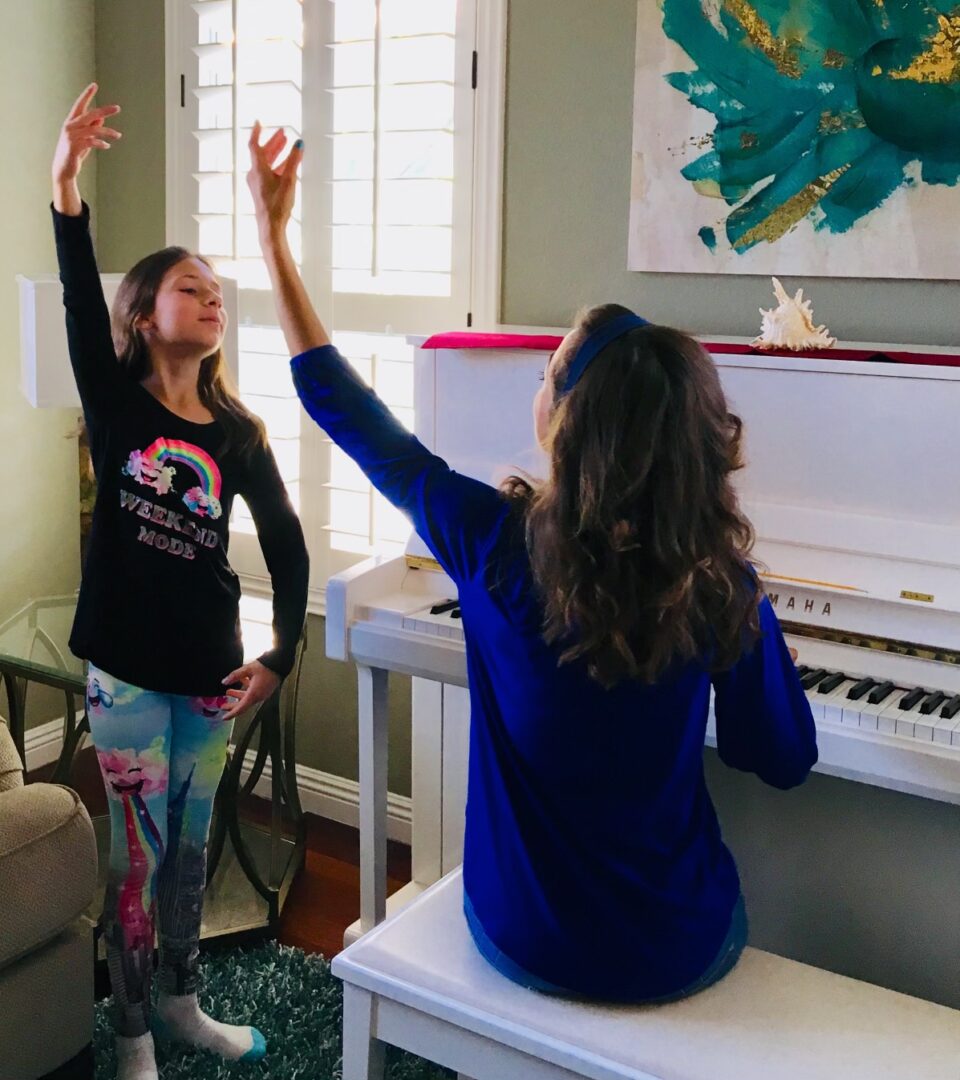
so if you or someone you know deserves recognition please let us know here.

